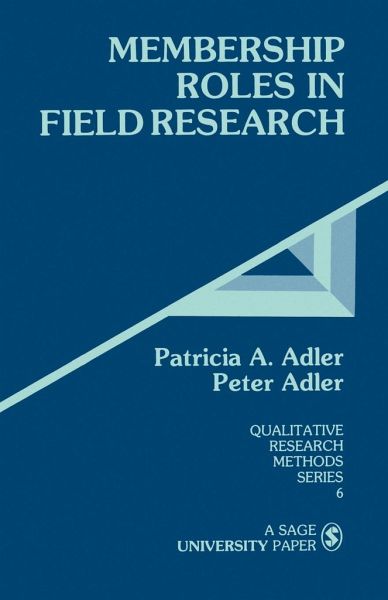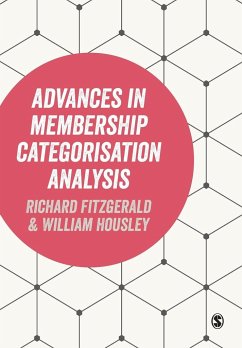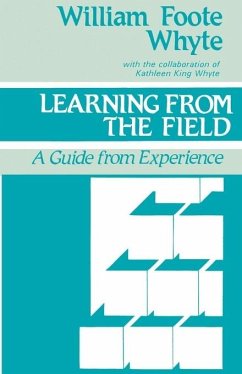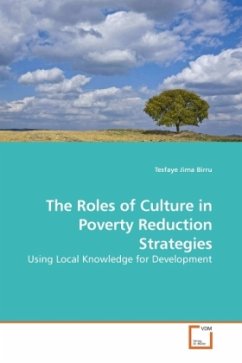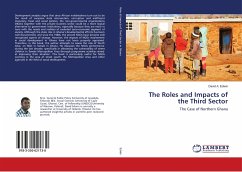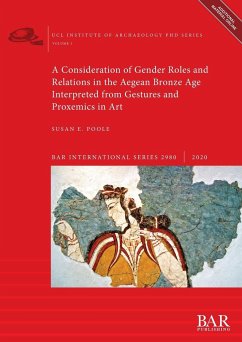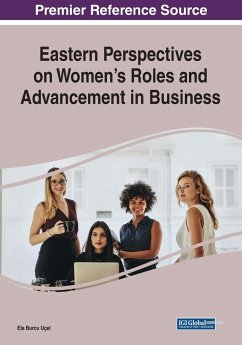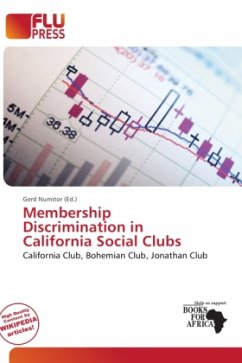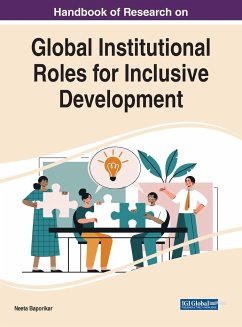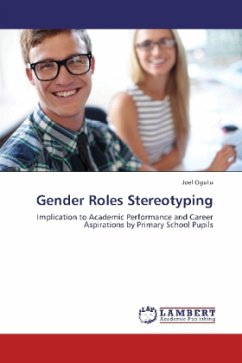Peter S. Adler, Ph.D. is President of The Keystone Center, which applies consensus-building and scientific information to energy, environmental, and health-related policy problems. The Keystone Center also offers extensive training and professional education programs to educators and business leaders and runs the Keystone Science School in the Rocky Mountains. Adler¿s specialty is multi-party negotiation and problem solving. He has worked extensively on water management and resource planning problems and mediates, writes, trains, and teaches in diverse areas of conflict management. He has extensive experience in land planning issues, construction issues, water problems, marine and coastal affairs, and strategic resource management. Prior to his appointment at Keystone, Adler held executive positions with the Hawaii Justice Foundation, the Hawaii Supreme Court¿s Center for Alternate Dispute Resolution (ADR), and the Neighborhood Justice Center. He has served as a Peace Corps Volunteer in India, an instructor and Associate Director of the Hawaii Bound School, and President of the Society of Professionals in Dispute Resolution. He has been awarded the Roberston-Cunninghame Scholar in Residence Fellowship at the University of New England, New South Wales, Australia, a Senior Fellowship at the Western Justice Center, and was a consultant to the U.S. Institute for Environmental Conflict Resolution.
